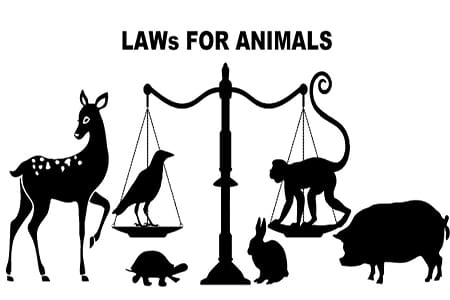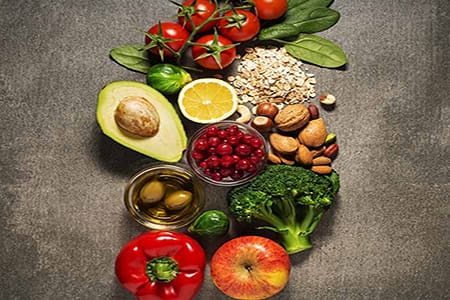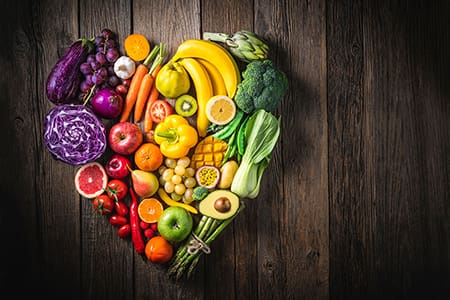Education is a powerful driver of cultural evolution and systemic change. In the context of animal ethics, environmental responsibility, and social justice, this category examines how education equips individuals with the knowledge and critical awareness necessary to challenge entrenched norms and take meaningful action. Whether through school curricula, grassroots outreach, or academic research, education helps shape the moral imagination of society and lays the foundation for a more compassionate world.
This section explores the transformative impact of education in revealing the often-hidden realities of industrial animal agriculture, speciesism, and the environmental consequences of our food systems. It highlights how access to accurate, inclusive, and ethically grounded information empowers people—especially youth—to question the status quo and to develop a deeper understanding of their role within complex global systems. Education becomes a bridge between awareness and accountability, offering a framework for ethical decision-making across generations.
Ultimately, education is not merely about transferring knowledge—it’s about cultivating empathy, responsibility, and the courage to envision alternatives. By fostering critical thinking and nurturing values rooted in justice and compassion, this category underscores the central role education plays in building an informed, empowered movement for lasting change—for animals, for people, and for the planet.
Endometriosis, a condition affecting millions of women globally, is marked by the growth of tissue similar to the uterine lining outside the uterus, leading to pain, heavy periods, and fertility challenges. As researchers continue to investigate its causes and management strategies, diet has emerged as a potential factor influencing symptoms. Dairy products—commonly consumed worldwide—are under scrutiny due to their hormone content and possible inflammatory effects. Could they play a role in exacerbating or alleviating endometriosis symptoms? This article examines current research on the relationship between dairy consumption and endometriosis, offering evidence-based insights for those seeking dietary approaches to better manage this condition


























































